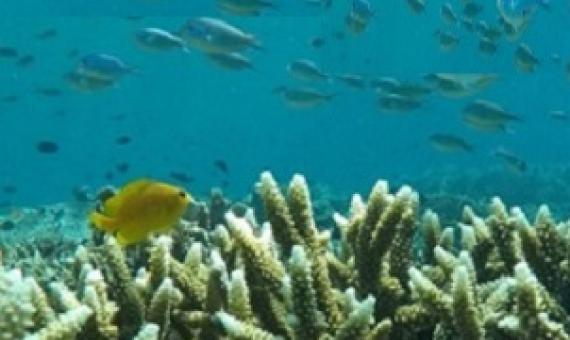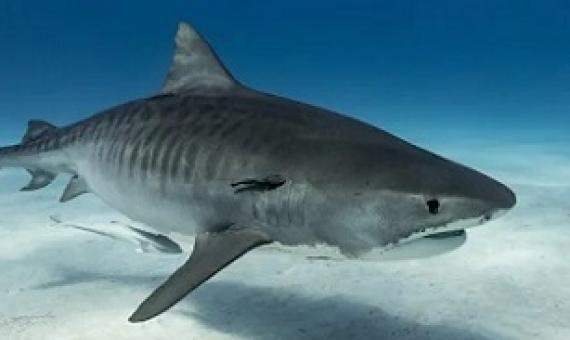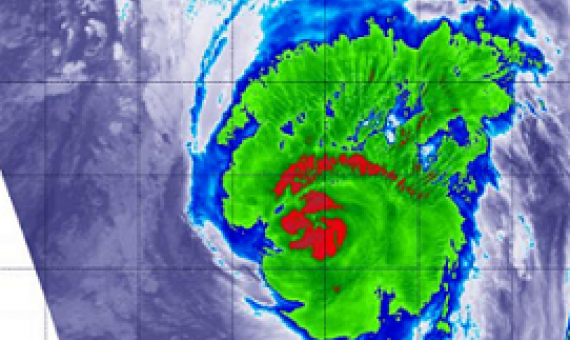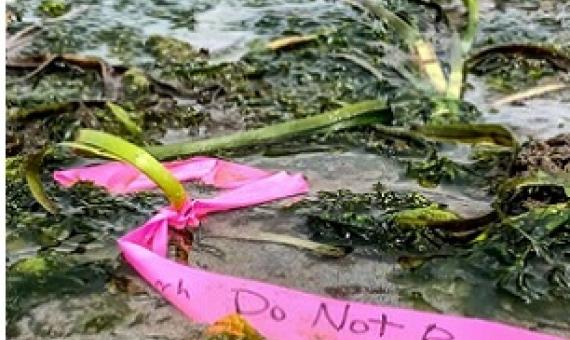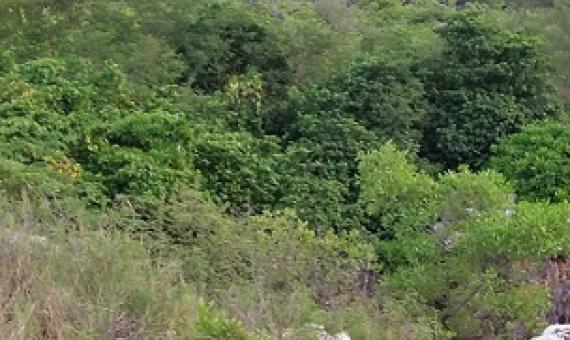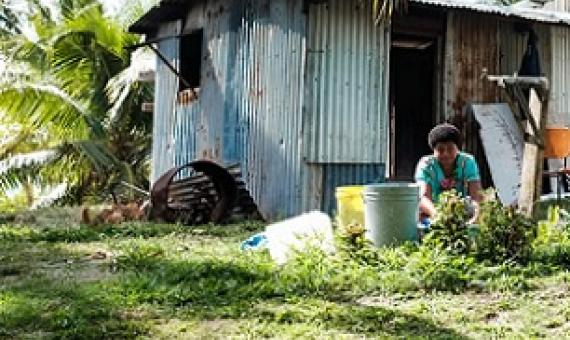The Paris Agreement limited global warming to 1.5°C above pre-industrial levels, which still has devastating impacts for coral reefs – remaining on track for coral degeneration.
Renforcement des Études d'Impact Environnemental: Directives pour les États et Territories insulaires océaniens
Since the early 1990s the Secretariat of the Pacific Regional Environment Programme (SPREP) has been promoting the use of environmental planning and assessment processes amongst its member countries and territories. SPREP's approach to environmental planning and assessment has been part of a global programme for improving environmental management and supporting sustainable development.
Warming oceans due to the climate crisis are having a significant impact on the migratory patterns of tiger sharks, allowing the apex predator to expand its range, but also exposing them to new risks, a new study has warned.
The Ministry of Natural Resources and Environment (M.N.R.E.) has commissioned a climate change monitoring base at Aopo in Savai’i. But the facility on the mountaintop can also be used for conservation purposes by the villagers according to the M.N.R.E.
Predator species may buffer the negative impacts of climate change by mitigating against the loss of biodiversity, according to new research led by scientists in Trinity College Dublin and Hokkaido University.
Decades of scientific evidence demonstrate unequivocally that human activities jeopardize life on Earth. Dangerous anthropogenic interference with the climate system compounds many other drivers of global change. Governments concur: The science is settled.
Three local NGOs, Te Ipukarea Society, Kōrero o te ‘Ōrau and Cook Islands Voyaging Society, all came together at Tamarind House to share experiences from the voyages. A range of marine related issues were discussed including industrial fisheries, microplastics found in the ocean and the immi
In an oceanic omen for climate change's intensifying effects, Cornell-led research shows that seagrass—through large swaths of intertidal meadows in the Pacific Northwest—suffers from a lesion-filled wasting disease. The grasses' once-vibrant plant root systems are deteriorating, too.
Researchers at UC Santa Cruz are contributing new insights into the challenges plants face in adapting to climate change.
On November 6, Brianna Fruean and other Pacific Islands representatives marched in Glasgow as all eyes are on the United Kingdom for the COP26 climate change summit happening this month.

